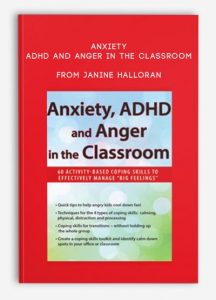 Anxiety, ADHD and Anger in the Classroom from Janine Halloran
Anxiety, ADHD and Anger in the Classroom from Janine Halloran
More information about Medical:
Medicine is the science and practice of establishing the diagnosis, prognosis, treatment, and prevention of disease.
Medicine encompasses a variety of health care practices evolved to maintain and restore health by the prevention and treatment of illness.
Contemporary medicine applies biomedical sciences, biomedical research, genetics, and medical technology to diagnose, treat, and prevent injury and disease,
typically through pharmaceuticals or surgery, but also through therapies as diverse as psychotherapy, external splints and traction, medical devices, biologics, and ionizing radiation, amongst others.
Medicine has been around for thousands of years, during most of which it was an art (an area of skill and knowledge) frequently having connections to the religious and
philosophical beliefs of local culture. For example, a medicine man would apply herbs and say prayers for healing, or an ancient philosopher and physician would apply bloodletting according to the theories of humorism.
In recent centuries, since the advent of modern science, most medicine has become a combination of art and science (both basic and applied, under the umbrella of medical science).
While stitching technique for sutures is an art learned through practice, the knowledge of what happens at the cellular and molecular level in the tissues being stitched arises through science.
Outline:
Coping Skills Overview
- The autonomic nervous system & coping skills
- 4 types of coping skills: calming, physical, distraction and processing
- Coping skills checklist to identify current skills and strengths
- Preventative interventions
Skills and Strategies: Interactive Exercises
Deep Breathing – Beyond “Taking a Deep Breath”
- Props – pinwheels, bubbles, stuffed animals, Hoberman sphere
- Words – to encourage deep breaths, “smell the soup, cool down the soup”, etc.
- Shapes – star breathing, lazy 8 breathing, square breathing, triangle breathing
- Your Body – your hand, whole body movement
Coping Skills for Anxiety/Stress
- Mindfulness Practice – one mindful minute, spiderman mindfulness, audio and visual mindfulness scripts, Grounding Techniques – 54321 grounding, alphabet grounding
- Identifying and taming anxiety – take-home worksheets to help identify anxiety, including a thermometer for anxiety worksheet, “sources of stress” worksheet
Coping Skills for ADHD
- Plan movement and sensory breaks
- The importance of play, hobbies, and having fun: calming jars, fidgets, sand trays, zen gardens
- Coping skills for stress
- Manage stressful times – the importance of play, hobbies, and having fun
- Sensory Ideas – calming jars, fidgets, sand trays, zen gardens
Coping Skills for Anger/Frustration
- Small physical movement activities to manage frustration – squeezing play dough, scribble drawing, bubble wrap, ripping paper
- Big physical movement activities to manage anger – jumping jacks, running, wall push ups, obstacle courses, yoga
- Processing anger – comic strip processing, what I can control vs. what I can’t control worksheet
Practical Implementation Ideas for the Classroom or Office
- Make a coping skills toolkit for your room – fidgets, coping skills cue cards and other visuals to help, include distraction coping skills like word searches, hidden pictures. etc
- Creating a calm down spot/calm down room – identify a good spot, create an area that is peaceful and relaxing, include the coping skills toolkit
- Practice your own coping skills – mindfulness and self-care worksheet
Description:
Managing the emotional climate of your classroom is crucial to learning. When children are struggling to manage anxiety, ADHD and anger, they can’t focus on the academic tasks expected of them in a classroom setting. By teaching kids simple, healthy and safe ways to express their emotions and calm their bodies, they will be better able to concentrate on their work during the school day. The positive impact healthy coping skills will have on a child’s academic performance is truly transformational.
In this seminar, we’ll learn how coping skills impact a student’s nervous system, and how to use that knowledge to help kids calm their bodies and get ready to learn. Join coping skills expert and experienced school counselor Janine Halloran, LMHC as she shows you coping skills and techniques ideal for a classroom.
- Walk away with a coping skills toolbox
- Deep breathing printables
- Check in sheets
- ”Anxiety thermometer”
- Relaxation exercises
- ”What’s your play personality?”
- And many more
Be prepared for experiential learning and movement as we try different coping skills like grounding techniques, breathing exercises, and big body movements throughout the workshop.


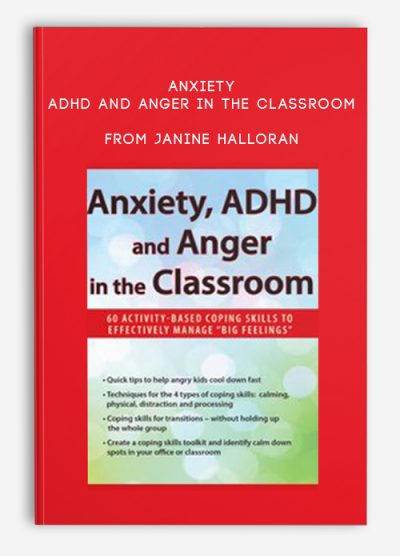
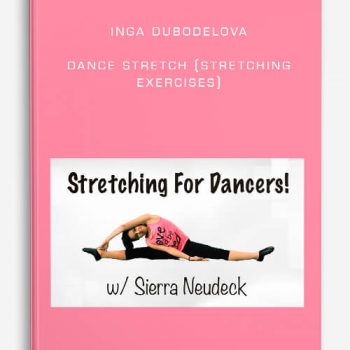
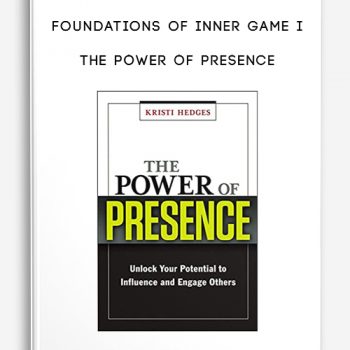
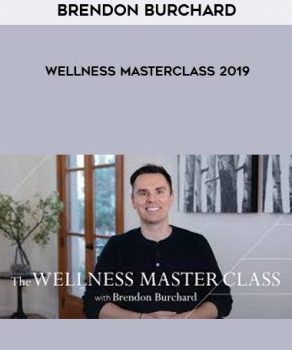
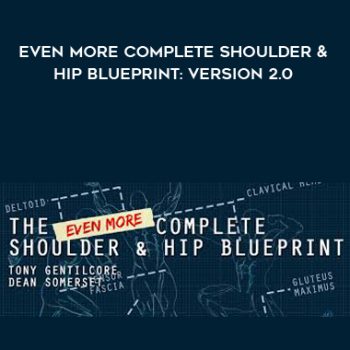


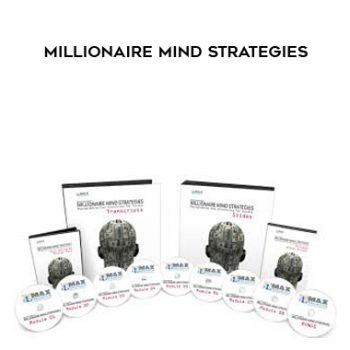


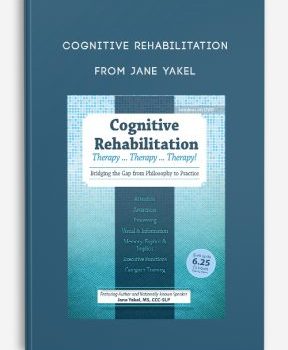
tristian –
This is Digital Download service, the course is available at Coursecui.com and Email download delivery.